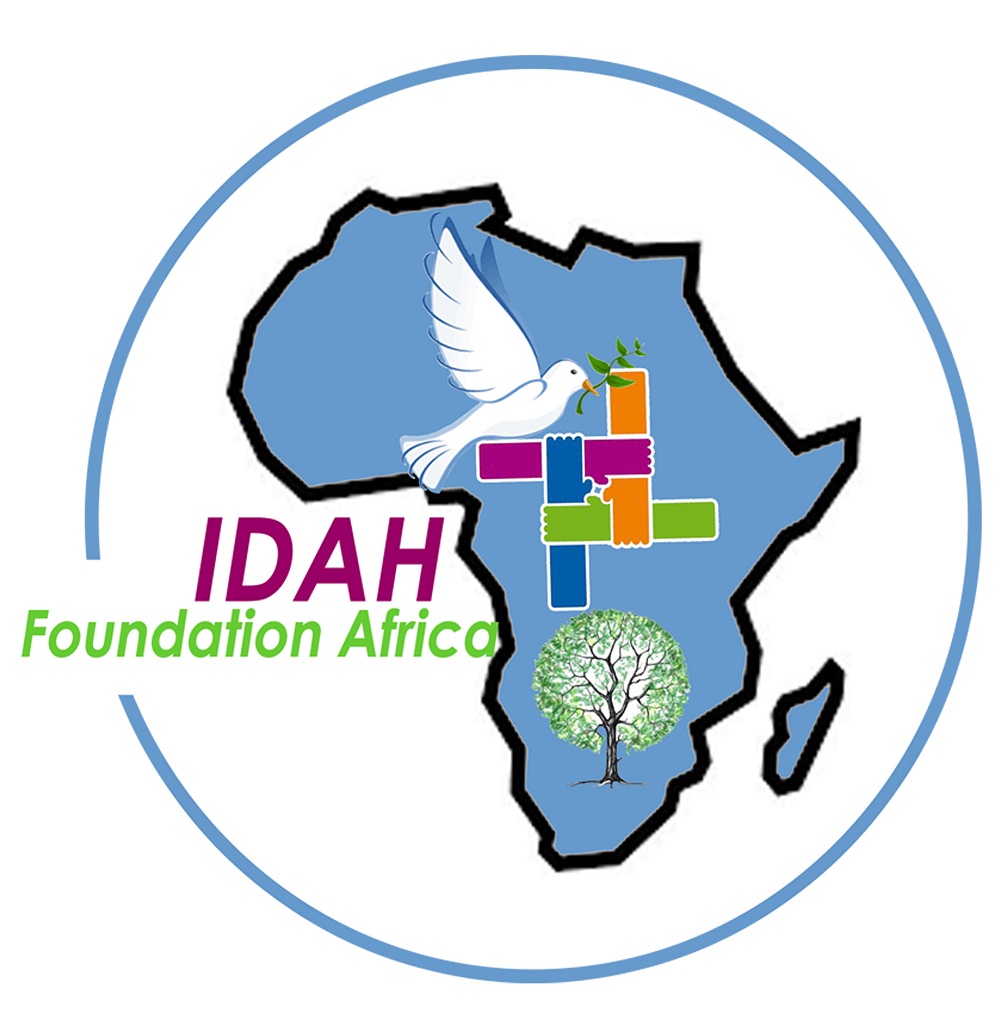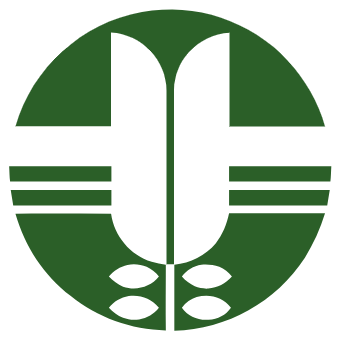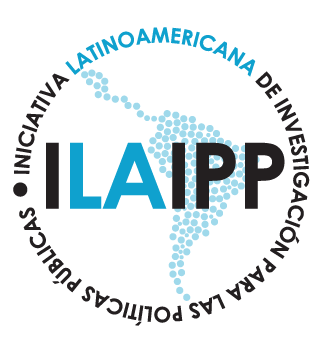International Policy Centre for Inclusive Growth (IPC-IG)
Description
About:
The International Policy Center for Inclusive Growth (IPC-IG) is a global forum for South-South dialogue on innovative development policies, result of a partnership agreement between the Government of Brazil and the United Nations Development Programme (UNDP). The Centre’s mandate is to promote the production and dissemination of studies and policy recommendations, the exchange of best practices in development initiatives and the expansion of South-South dialogue.
A leading voice for inclusive growth in and for the Global South:
IPC-IG was founded in 2002 and began its activities in 2004. The Centre has been receiving administrative and operational support from the UNDP Brazil Country Office since 2013, having its Resident Representative as the Interim Director. The Brazilian Institute for Applied Economic Research (Ipea) hosts the IPC-IG and its researchers participate and contribute substantially to the Centre’s activities.
Since its foundation, the IPC-IG has been providing services and tools to strengthen the institutional capacities of governments in the global South, including working on social protection issues, as well as the monitoring and evaluation of public policies.
Mission:
The IPC-IG’s mission is to promote policy dialogue and facilitate learning between developing countries around innovative social policies for inclusive growth. The innovative approaches carried out by the Centre revolve around three pillars:
- Knowledge Production: carrying out research and studies, such as policy analysis and evaluations;
- Knowledge Sharing: facilitating the exchange of innovative experiences and initiatives among countries of the South:
- Capacity Strengthening: providing and facilitating the collaborative construction of capacity-building activities and flows of knowledge among countries of the South.
Partners:
IPC-IG has both international and national partners which carry out its activities, either by specific agreements or by joint collaboration. These include: Brazil’s Ministries of the socio-economic and environmental areas; the World Bank; the UNDP Independent Evaluation Office (IEO); UNDP Cape Verde; UNDP’s Regional Bureau on Latin America and the Caribbean (RBLAC);the World Food Programme (WFP); the UNICEF offices in Cape Verde and MENA countries; UN Women; the International Fund for Agricultural Development (IFAD); the Australia’s Department of Foreign Affairs and Trade (DFAT); the United Kingdom Department of International Development (DFID); the German Agency for International Cooperation (GIZ); the Asian Development Bank (ADB); the Economic Commission for Latin America (ECLAC); Economic and Social Commission for Asia and the Pacific (ESCAP); the UN Brazil Country System as well as civil society entities and other international organisations. IPC-IG is also a member of the Social Protection Interagency Cooperation Board (SPIAC-B)
Our Work:
1- Research Strategy:
IPC-IG’s research is rigorous and cross-disciplinary. It brings together economists, demographers, political scientists, sociologists, anthropologists and experts in the field of international relations with the common goal of fighting poverty and reducing inequality. The research programmes are complementary in nature and designed to reach a wide audience through research, training programmes, advisory services and fellowships, and by supporting knowledge-based networks.
2-South-South Dialogue
IPC-IG contributes significantly to the promotion of South-South dialogue through a number of activities, such as: i) Sharing innovative policy experiences in the South; ii) Supporting capacity building of policymakers, development practitioners and UN specialists through a series of training programmes; iii) Hosting government representatives and scholars from developing countries; iv) Organising Study Tours; v) Networking with governments in the South.
Areas of Work:
1. Social Protection
- Design and Impact Evaluations of Social Protection Programmes in Developing Countries;
- Analysis of Food Security and Support for Smallholder Farmers.
2. Population and Social Policies
- Human Settlement, Social Groups and Equity;
- Living Standards and M&E of Poverty Reduction Strategies.
3. South-South Learning & Knowledge Management and Sharing
- Organization of Study Visits and International Seminars on South-South Learning;
- Development of National Evaluation Capacities;
- Online Platforms and Forums;
- Engagement and advocacy strategies;
- Internship and Fellowship programmes.
Ongoing Projects
In 2019, the IPC-IG completed 15 years of work. Since its foundation in 2004, the Centre has been working to meet the requests of countries of the South, as well as developing and providing country-and-context-specific solutions frame around the three pillars: knowlede production, knowledge sharing and capacity strengthening. Solutions have been developed together with policymakers and experts, empowering and strengthening both human and institutional capacities and resources.
In 2018, the Centre undertook 24 projects in Angola, Brazil, Egypt, Kenya, Mozambique, and the 20 countries in the Middle East and North Africa (MENA) region. These projects are being carried out in close collaboration with Brazilian and international donors and partners
Since 2015, the IPC-IG hosts the www.socialprotection.org platform, an online member-based knowledge sharing and capacity building platform, open to social protection practitioners, policy-makers, and experts, as well as academics and students.
SECTOR
Development Cooperation
Country
Brazil
SDG
01 - No Poverty, 02 - Zero Hunger, 03 - Good Health and Well-being, 04 - Quality Education, 10 - Reduced Inequalities, 11 - Sustainable Cities and Communities, 17 - Partnerships for the Goals
Organization Type
Intergovernmental Organization
URL
www.ipcig.orgSimilar Organizations





